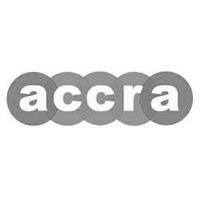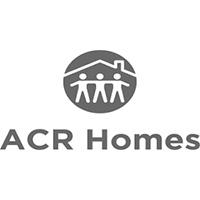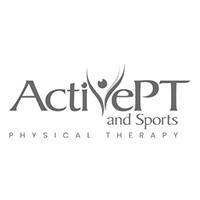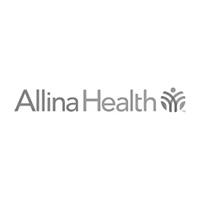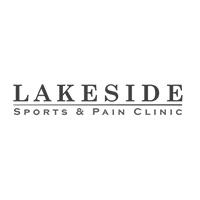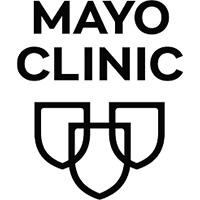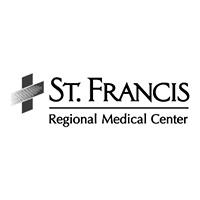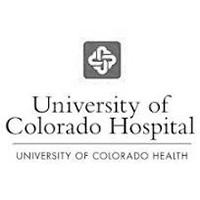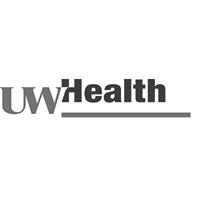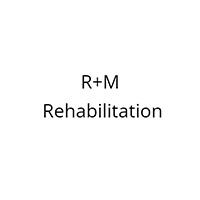Careers in health
The primary work of occupations in the Health Science career area study, diagnose, treat and prevent human illness, injury and other physical and mental impairments. This career area includes occupations involved in services, research, and business operations related to health and wellness.
Many health care positions require specific credentials. Explore which degrees, licensure, and certifications are needed. Required credentials vary based on the occupation, location, and type of employer. Employees willing to further their education or gain additional credentials can advance their careers or move into specialty areas. Some employers pay for workers to gain additional credentials.
Job seekers in this career area benefit from being flexible, multitasking, having critical thinking skills, empathy, research skills, and having the ability to communicate complex information. Many occupations work in fast-paced environments.
Trends in health
Explore academic programs
Use our program selector tool to identify a degree program that can lead you to a career in your desired field.
Career trajectories of CEHD alumni
DEED’s Graduate Employment Outcomes in Minnesota tool shows data on University of Minnesota alumni who are working in Minnesota. Academic program names are a compost of related programs in Minnesota colleges; the wage data is specific to UMN graduates.
Undergraduate programs
Hourly Median Wage Trend for 2016 Graduates (updated through 2022) of Bachelor’s degrees from the University of Minnesota Twin Cities Campus
Sports, Kinesiology, and Physical Education/Fitness
- Wages in 2017 (1 year after graduation): $19.23
- Wages in 2020: $28.97
Employers of recent graduates
Explore internships and other high-impact activities
Opportunities you can do while in school to prepare for your career.
